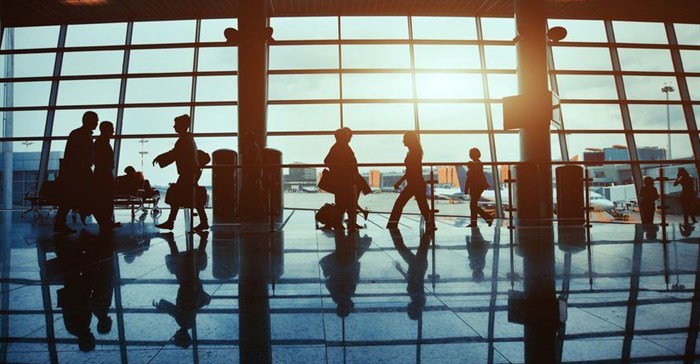
Top stories






More news

Marketing & Media
Warner Bros. was “nice to have” but not at any price, says Netflix

Logistics & Transport
Maersk reroutes sailings around Africa amid Red Sea constraints

















Fouche notes a couple of things procurement professionals should be doing now:
• Identify which employees have, in the past 60 days travelled to countries or areas infected with Covid-19. How long were they there and when did they return?
• Make contact with each of them individually and determine if they have contracted a cold or illness since their return. If they have, ask them to stay home and self-isolate / quarantine and seek medical attention.
• Determine who has upcoming trips over the next 5 months into corona hotspot countries and determine what the cancellation policy is for already issued flights and accommodation to determine the company's exposure and financial risk should the trip be cancelled. With accommodation, there are various cancellation policies and the sooner you cancel, the better your chances of still recouping a portion of your funds.
• Consider putting a hold on all travel to Covid-19 hotspot areas globally. Generally, it's common to contract a cold as a result of travelling because crowded airports, aeroplanes, changing weather conditions and sleep deprivation are factors impacting the spread of viruses. The reality is that Covid-19 presents with flu-like symptoms and that there's a chance travellers may be quarantined for up to 14 days in a foreign country should they be screened and found to have a temperature.
This is the biggest concern among corporates at the moment as this has a significant and immediate impact in terms of cost and time, and business continuity in that the traveller could be in a position where they are stuck in a foreign country for up to two weeks and won't be able to work.
• Reassess the need for all international travel and determine if the reasons for travel can't perhaps be achieved through video calling, it’s a preventative measure to mitigate risk and ensure the health and safety of travellers. In addition, it will reduce traveller friction for a traveller who will already have heightened emotions, experience fear and may feel uncomfortable about upcoming international trips, it contains travel costs considering the South African economy is officially in a recession and it's good for the environment because no travel means no associated carbon emissions.
• If travel is essential, take basic precautions. Adopt a zero contact approach and don't shake hands. Travel with a hand sanitizer with you that contains an alcohol factor of at least 70%. Wash your hands regularly after touching foreign surfaces and avoid contact with people with flu-like symptoms.
"There have been reports that higher summer-like temperatures kill the coronavirus and therefore might combat the spread in Europe as they go into their warmer months. However the southern hemisphere is entering into autumn and winter which may present a challenge so travellers should take the necessary precautions to ensure their own safety in this period of great uncertainty," concludes Fouche.